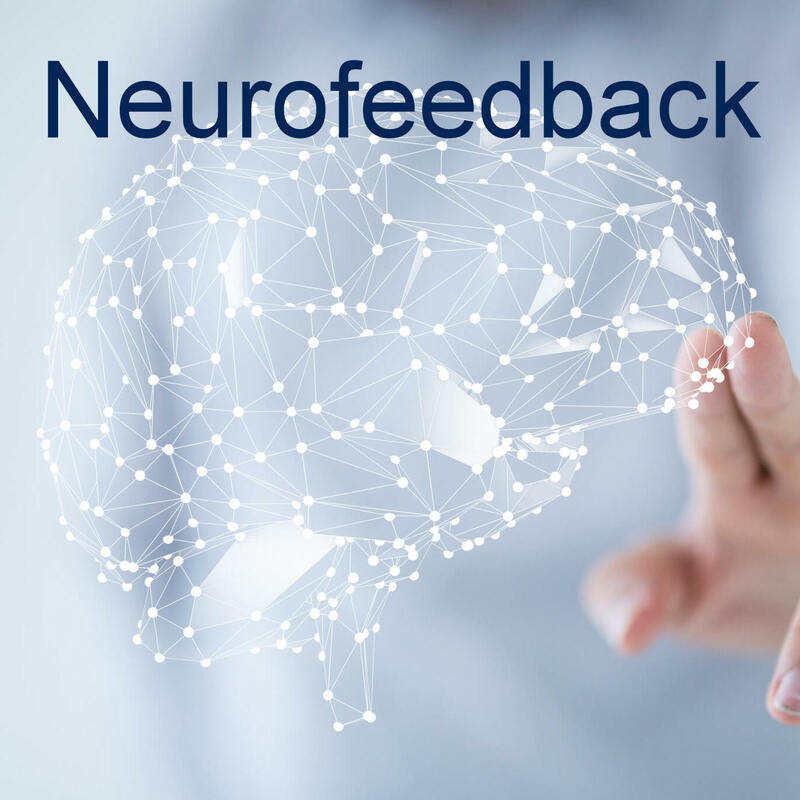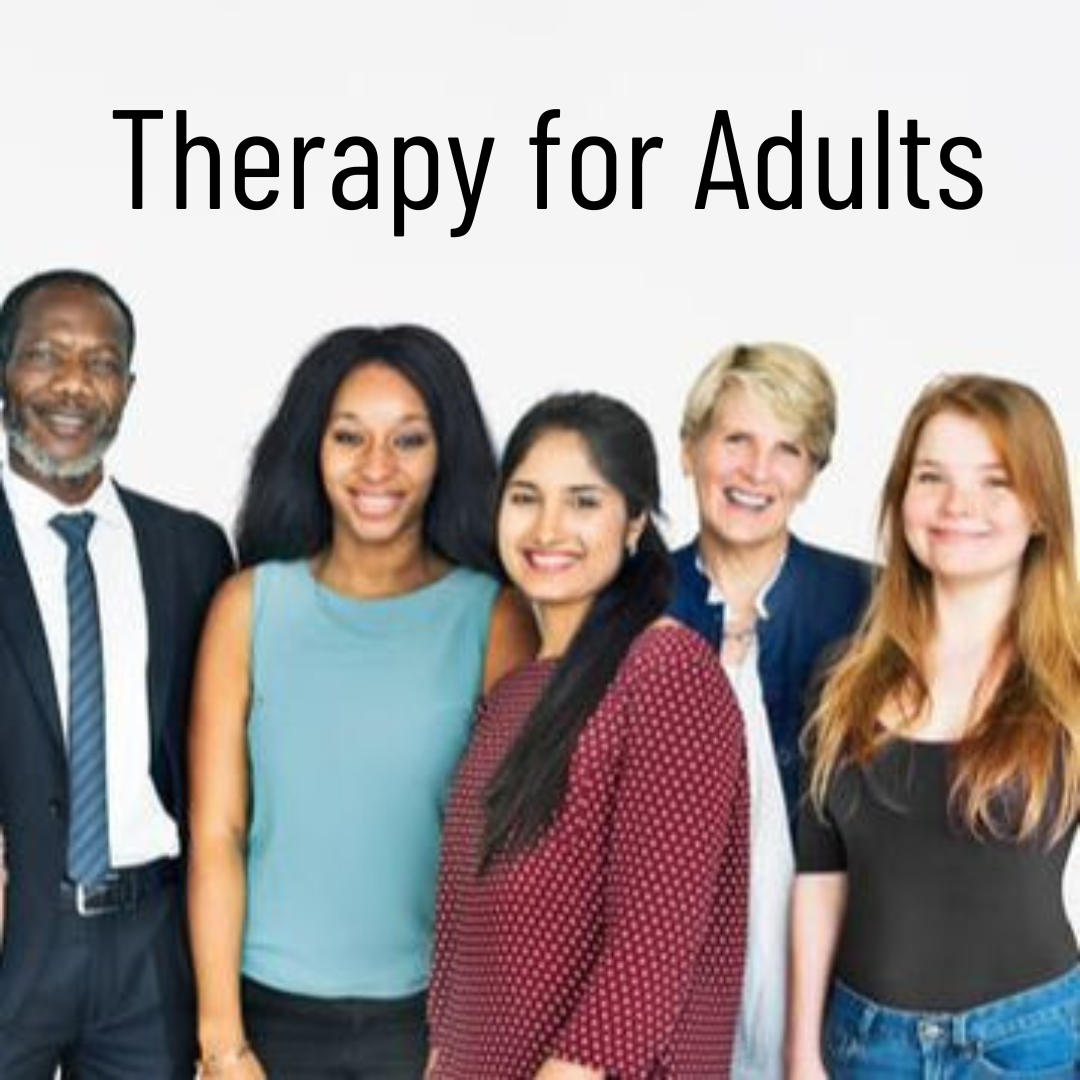|
by Melissa Laks, LMSW Why should we identify our emotions
Identifying our emotions and learning to manage them is one of the most important skills we can have. Feelings are powerful and can become overwhelming at times. With time and practice, we get better at knowing what we are feeling and why. This skill is called emotional awareness. Emotional awareness helps us know what we need and want (or don't want). For us to deal with uncomfortable emotions, it is helpful to know exactly what we’re feeling in the first place. For example, feeling a general sad is going to be experienced differently than if you are feeling lonely. So, comforting sadness would look different then comforting loneliness.
0 Comments
The real reason why social media might be making you feel bad by Victoria Pitz, LPMHC Cognitive dissonance is the feeling of discomfort one feels when your thoughts or feelings about ourselves do not align with our actions.
Social media tends to exacerbate this phenomenon at an overwhelming rate. It perpetuates the feelings of “should”. I should be having more fun, I should be doing what they’re doing, I shouldn’t be feeling the way that I feel…It can be difficult to recognize the direct damage social media does to your self-esteem because it has become so ingrained in our daily lives. So how might social media trigger cognitive dissonance? Perhaps you are not feeling your best lately. Things just don’t seem to be going your way; maybe you experienced something that shook you up. Life just feels awful and overwhelming right now.You scroll through social media when you're bored. Half the time you don’t even realize how long you’ve been scrolling for. But your brain is taking note: "Wow. So-and-so went to Paris; why can’t I do that?" "Look, this person got their dream job, but I’m still stuck in one that I hate." "How nice, this person goes out every weekend and has a blast, here I am, feeling like cr*p." by Andrea Panebianco, MS In the late 1900’s Urie Bronfenbrenner recognized how impactful our environment is on our mental and emotional functioning. This assertion, however, did not only include our immediate surroundings. Instead, Bronfenbrenner’s Ecological Systems Theory includes five interconnected levels of environmental surroundings which impact us as individuals (The Psychology Notes Headquarters, 2019). These levels include the:
by Andrea Panebianco, M.S. Motivational Interviewing is an evidence-based, therapeutic treatment used to help individuals feel more comfortable when they are both striving for, and committing to, change. I personally find Motivational Interviewing to be not only a useful therapeutic technique, but also one which works effectively to create a strong therapeutic bond. The reason I feel this way is because Motivational Interviewing is meant to encourage clients through empathy and understanding, two therapeutic necessities which create a comfortable, safe environment for those engaging with the practice.
|
Archives
October 2023
Categories
All
|





















